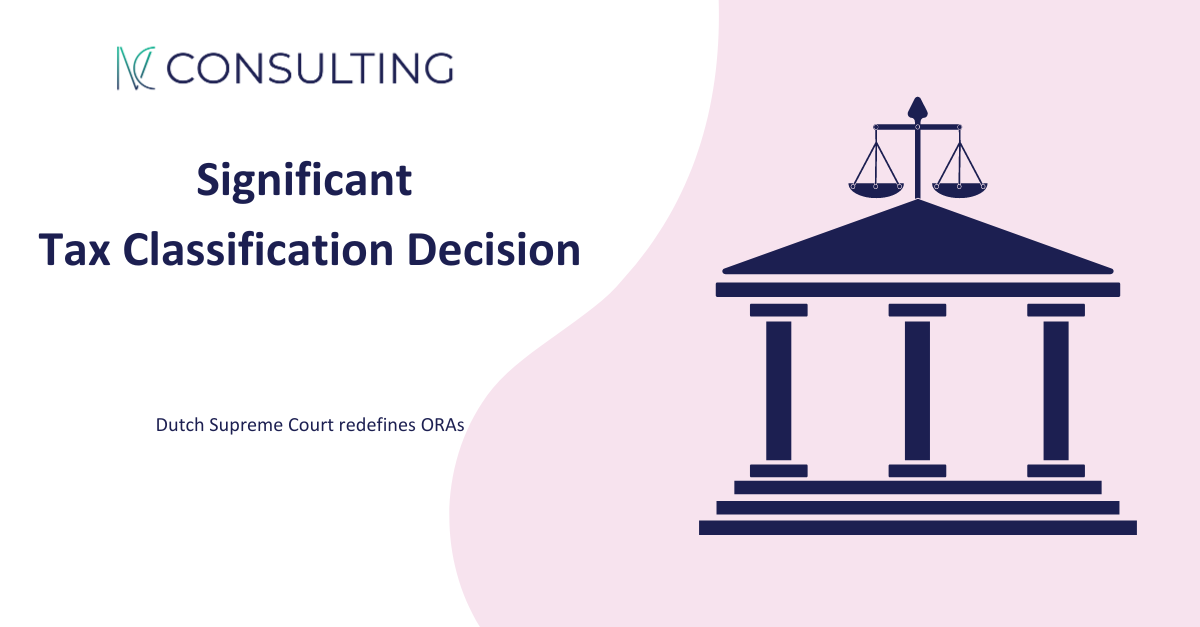
Dutch Supreme Court Classifies ORAs as Equity

Dutch Supreme Court Classifies ORAs as Equity
On May 17, 2024, the Dutch Supreme Court rendered a significant judgment regarding the tax classification of a financial instrument called ORA - "obligation remboursable en actions" issued by a French company in 2007. The key issue was whether the ORA should be considered equity (capital) or debt (loan) under the Dutch Corporate Income Tax Act 1969. While the case initially focused on whether the costs associated with issuing the ORA were attributable to the French company’s Dutch permanent establishment, the judgment has far-reaching implications.
Key Points:
Term and Conversion: ORAs have a 50-year term and convert into ordinary shares at the end.
Repayment: They can’t be repaid in cash, only converted to shares, except in liquidation scenarios.
Rights: ORAs don’t provide voting rights but receive payments similar to dividends, with specified limits.
Supreme Court Decision:
For tax law purposes, if funds are considered share capital under civil law, they are typically regarded as capital.
The presence of a repayment obligation is critical in distinguishing a loan from capital.
Implications for Businesses and Investors:
Tax Treatment: ORAs and similar instruments will now be taxed as equity, not debt. This may affect the tax position of companies and investors holding such instruments.
Strategic Planning: Companies issuing ORAs and investors holding them should reassess their tax strategies and financial planning to align with this new ruling.
Future Developments: This ruling sets a precedent, and more legal developments in this area are expected. Staying informed is crucial for compliance and strategic advantage.
Understanding the implications of this ruling can help businesses and investors optimize their tax positions and navigate the evolving legal landscape.
Stay updated and consult with your tax advisors to make the most of this significant change.




